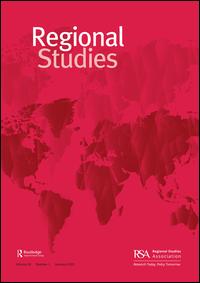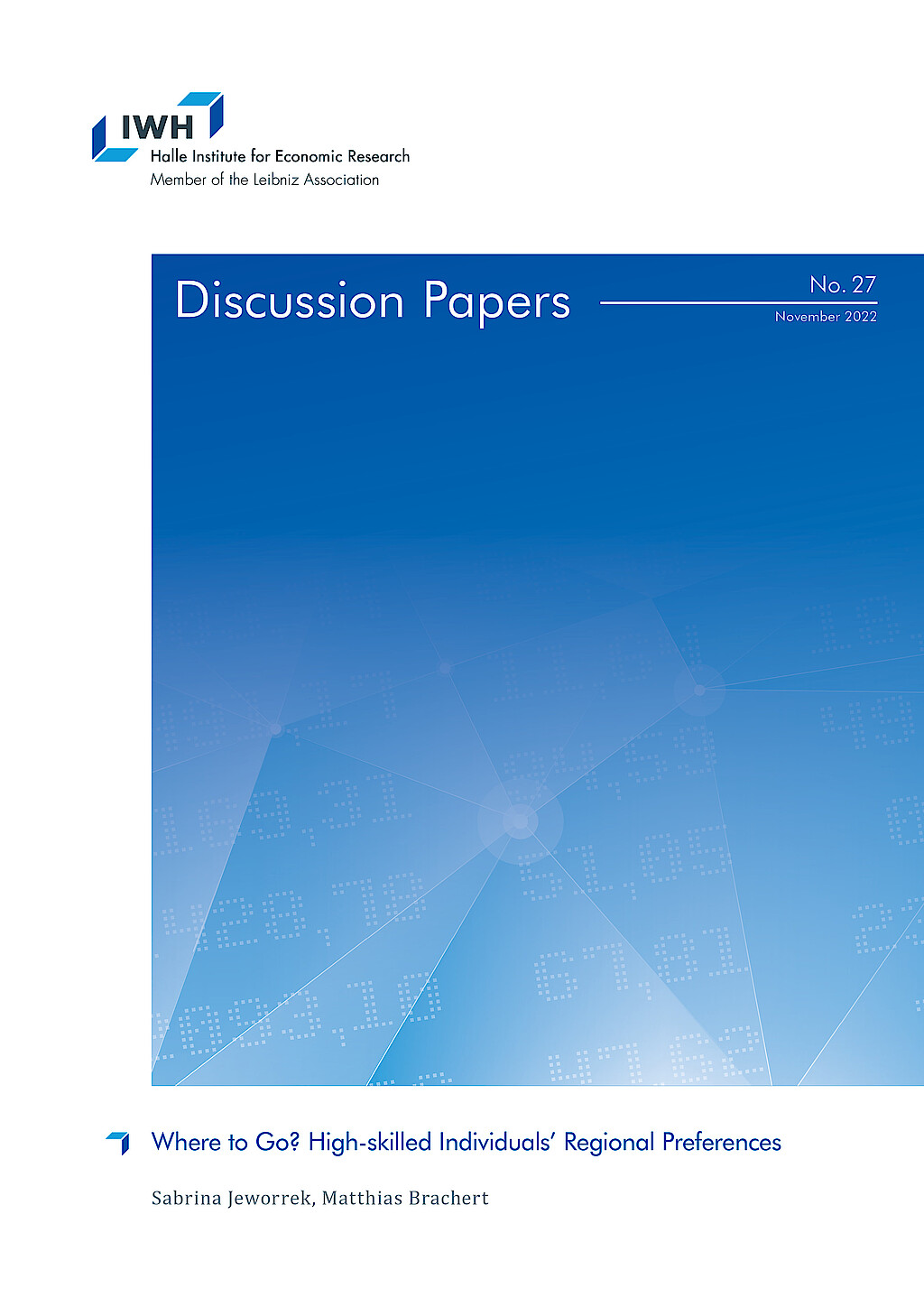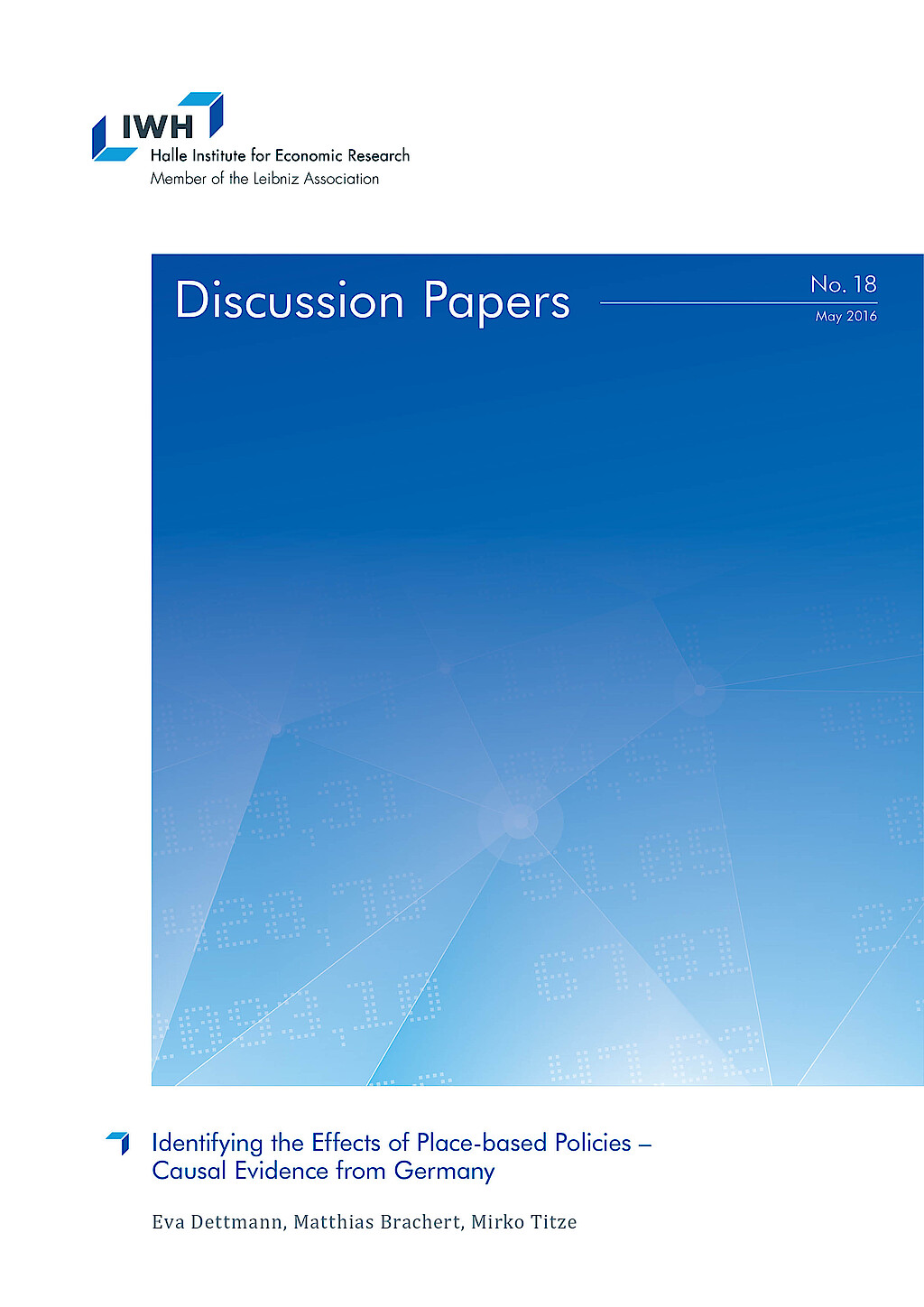Dr. Matthias Brachert

Aktuelle Position
seit 5/20
Wissenschaftlicher Mitarbeiter im Zentrum für evidenzbasierte Politikberatung (IWH-CEP)
Leibniz-Institut für Wirtschaftsforschung Halle (IWH)
Forschungsschwerpunkte
- Wirtschaftsgeographie
- Stadtökonomik
- Evaluation wirtschaftspolitischer Maßnahmen
Matthias Brachert ist seit November 2007 wissenschaftlicher Mitarbeiter. Zu seinen Forschungsschwerpunkten zählen stadt- und regionalökonomische Fragestellungen sowie die Evaluation wirtschaftspolitischer Maßnahmen.
Matthias Brachert studierte an der Martin-Luther-Universität Halle-Wittenberg und der University of Reunion Island in Frankreich. Er promovierte an der Utrecht University.










